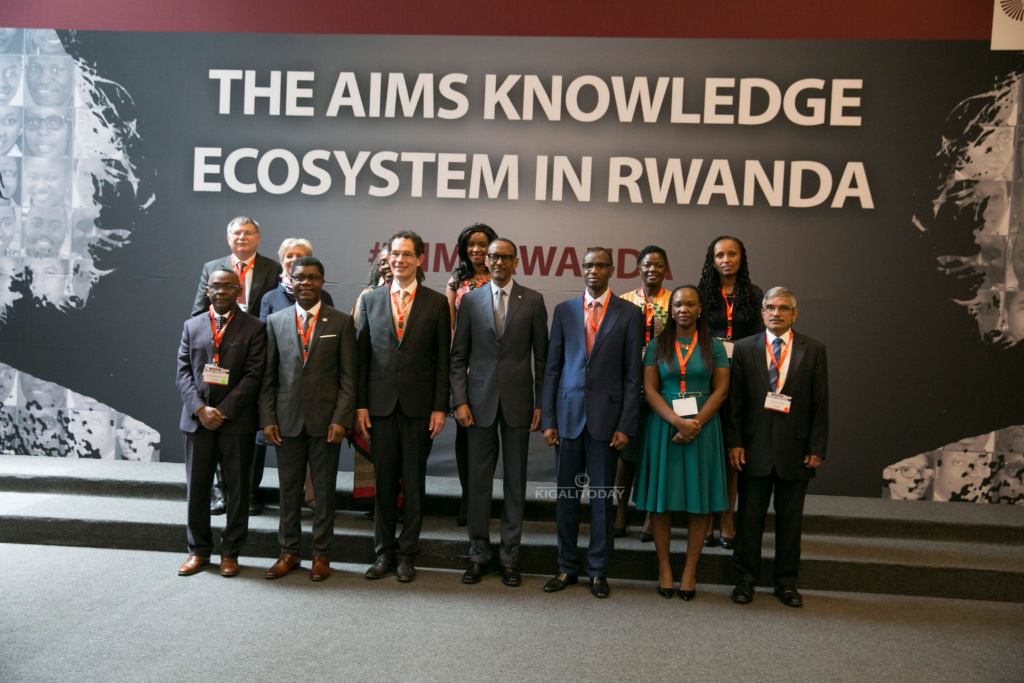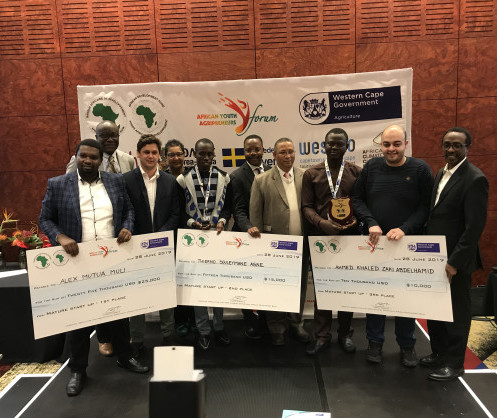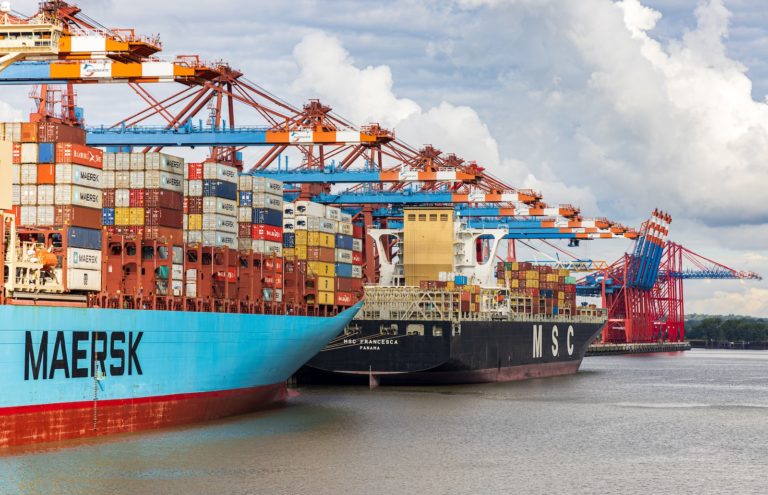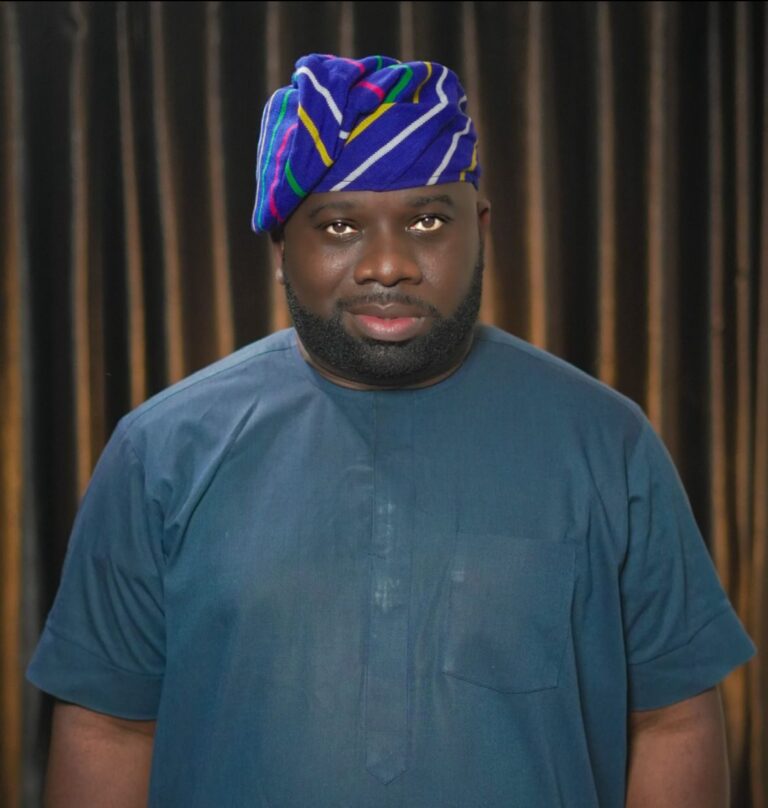African Institute for Mathematical Sciences (AIMS) Launched in Rwanda To Drive Innovation and Research

Africa’s first and biggest network of centers of excellence, the African Institute for Mathematical Sciences (AIMS), in partnership with the Government of Rwanda, today announced the launch of AIMS in Rwanda, an ecosystem of pan-African transformation that will leverage scientific innovation, learning and research to apply solutions to the continent’s challenges. The official launch took place at the Kigali Convention Centre (KCC), with H.E. President Paul Kagame as the guest of honour.
“We are collaborating with AIMS to develop an ecosystem of pan-African institutions with a transformative agenda. We all recognise that AIMS’ education model is an important tool for development & progress on our continent.” President Paul Kagame said at the gathering.
The first AIMS centre of excellence was opened in Cape Town, South Africa, founded by Professor Neil Turok in 2003. The network prioritises international class education for Africa’s most valuable resource, its youth, for the development of Africa and to the benefit of society. The institute has since opened up six education centers of excellence across the continent with the latest in Rwanda’s capital, Kigali. “We are thrilled to have partnered with the government of Rwanda to continue to nurture Africa’s most talented scientific minds in mathematical sciences, creating opportunities to allow them to contribute to the continent by tangibly developing solutions to Africa’s problems, and fostering collaboration that will reverse the brain drain of our thinkers, problem-solvers and innovators,” said Thierry Zomahoun,President and CEO of AIMS.
The launch of AIMS Rwanda is a result of a partnership agreement between the government of Rwanda through the ministry of education and AIMS. The ecosystem of pan-African transformation has the following elements at its core:
1. Discovery and Technological Advances
The Ecosystem will support researchers who are tackling, through multidisciplinary
approaches, research topics that challenge fundamental concepts and high-end research
(fundamental research and quantum science).
2. Industry and Economic Advancement
AIMS will maximise the opportunities and potential for mathematical sciences to
contribute to African economies through human capital, knowledge transfer and applied
research for scientific and technological excellence.
3. Lifelong Learning and Inspiration
The AIMS’s Teacher Training Program will strengthen the mathematics teacher capacity
and provide as many students in Africa as possible with a quality education in maths
and science.
4. Scientific and Technological Excellence
As part of the ecosystem of transformation, the Next Einstein Forum (NEF), the first
global science forum on African soil, will continue to showcase the remarkable progress
that Africa is making in science.
Over the past few weeks, a number of workshops and meetings have taken place in Kigali about initiatives that form part of the ecosystem AIMS launched at KCC,
including:
* The NEF International Steering Committee (ISC) meeting: The ISC provides oversight,
guidance, operational and strategic direction to the NEF, thereby supporting the
NEF in the development of its mission, long-term goals, philosophies and strategy.
* The NEF Scientific Programme Committee (SPC) meeting: As part of the NEF Institution,
the SPC set the scientific strategic direction for the NEF, and establishes the
programme and themes of the NEF Global Gatherings.
* Quantum Leap Africa (QLA): A part of the AIMS in Rwanda ecosystem, QLA is Africa’s first research centre in quantum science and will be based in Kigali. A number of workshops, which brought more than 30 data scientists to the city, were held between 13-15 March to define a clear road map for the programmatic and operational outlook of the centre.
President Paul Kagame announced that after the resounding success of the NEF Global Gathering 2016 which took place in Dakar, Senegal, the second edition of the forum will be hosted in Kigali in 2018.
Picture above is from Kigali Today







